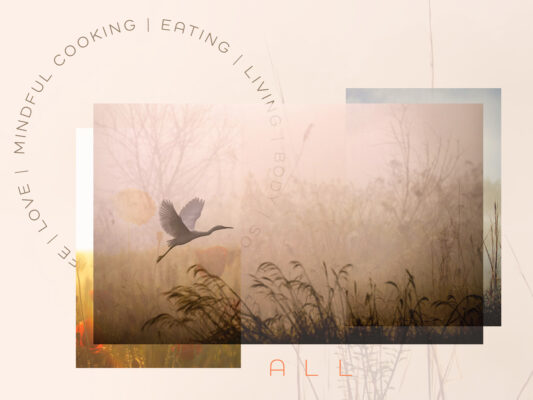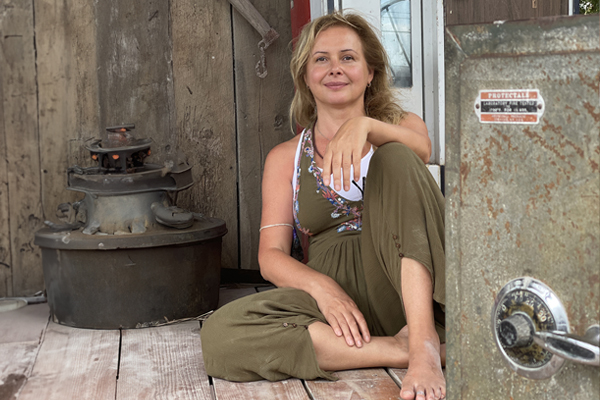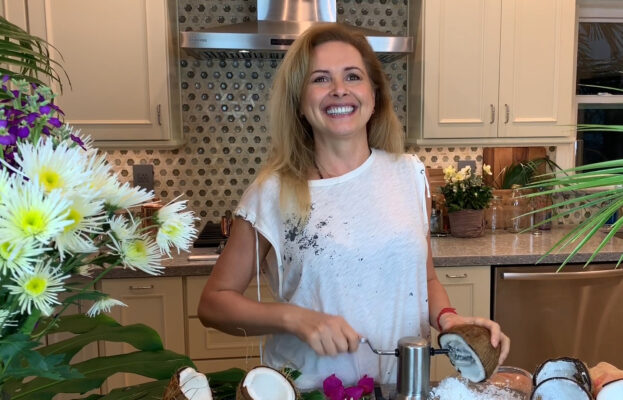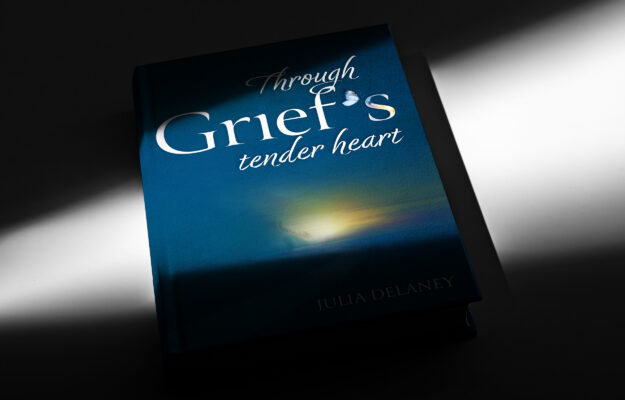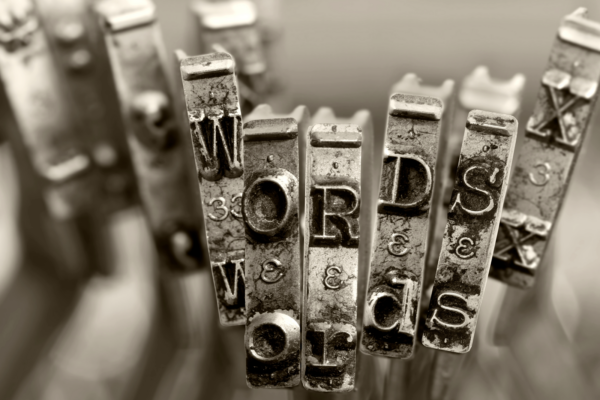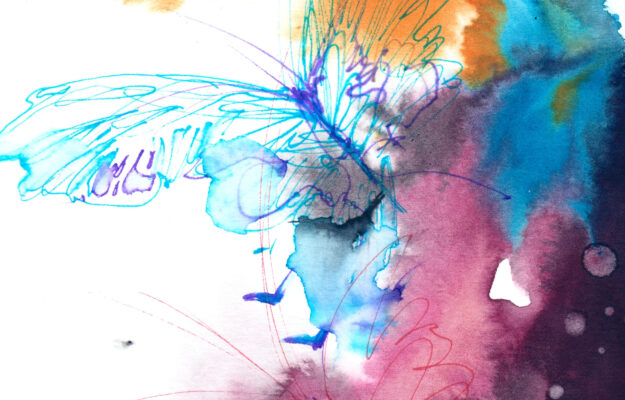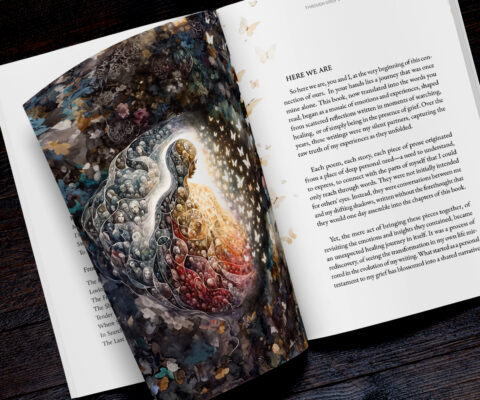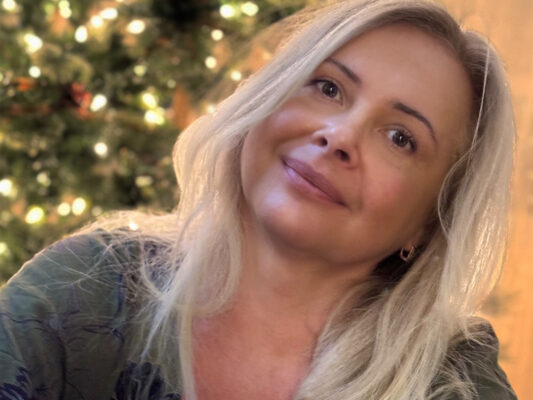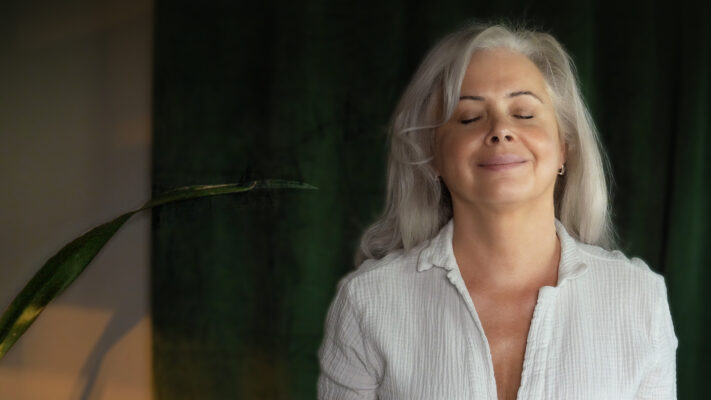There’s something almost magical about the act of writing, especially when it comes to the messier parts of our emotional landscape. I’ve found that putting pen to paper—or fingers to keyboard—about feelings like anger, sorrow, or that deep-seated regret can actually lift a bit of their weight off my shoulders. It’s as if by describing these emotions, observing them closely enough to name them, they start to lose some of their shadowy power over me. When I write about my emotions, especially in the form of poetry, I engage in a process that is both cathartic and transformative.
Writing down what we’re feeling isn’t just a way to vent. It’s more like sitting down with a part of ourselves that’s been ignored for too long. Each time I decide to write out my emotions, it’s like I’m peeling back layers, getting closer to something real and raw inside me. It’s not about creating something for others to read—it’s about understanding my own heart a bit better.
When I write, it’s like having a direct line to the messier parts of my soul. It’s about confronting those feelings of anger, sadness, or regret that I’ve been carrying around. What’s amazing is how, through writing, these emotions start to feel less overwhelming, more manageable. It’s as if by laying them out on paper, I’m able to see them for what they really are, and they lose some of their power over me.
The process is surprisingly scientific, too. It turns out that writing about our emotions touches parts of our brain responsible for emotional regulation. It’s a bit like tricking our minds into dealing with feelings in a more constructive way, helping us cool down the intensity of what we’re going through.
But here’s the thing: writing also requires me to step back and look at my feelings from a distance. It’s a bit like observing a storm from the safety of my window. I can see the chaos, the swirling emotions, but I’m not swept away by them. This space is crucial. It gives me the clarity to understand my feelings without being drowned in them.
And the relief that comes from this kind of writing is palpable. It’s a cathartic release, a way to let go of emotions that have been simmering under the surface. This isn’t always about crafting the perfect sentence or finding the most beautiful metaphor; it’s about honesty, about pouring out the truth of what I’m feeling in the moment.
In this private world of words, I’m free to explore my emotions without fear of judgment. This space is mine alone, a sanctuary where I can face my deepest fears, my highest hopes, and everything in between.
Taking control of my emotions through writing is empowering. It’s a way of navigating through the chaos, of making sense of what feels overwhelming. By writing, I’m choosing to confront my feelings, to understand them, and to find a way forward.
Poetry, in particular, has a special role in this process. It forces me to distill my emotions, to boil them down to their essence, refining my thoughts and feelings into their most potent form. This process of distillation can lead to sudden epiphanies and deeper insights, as the search for the perfect word or the most fitting metaphor compels me to examine my emotions from different angles.
There’s something about the constraint of verse that brings clarity, that helps me get to the heart of what I’m really feeling. Maybe it is because poetry, with its rhythmic and symbolic nature, offers a unique way to explore feelings more abstractly, making it an incredibly powerful medium for expressing the complexity of emotions.
In any way, writing about my emotions is a journey of self-discovery. It’s a dialogue with the deepest parts of myself, a conversation that can lead to surprising insights and, ultimately, a sense of peace. It’s about finding a way through the maze of my feelings, guided by the light of my own words.
This process of writing is a powerful tool for anyone willing to explore the depths of their emotions. It’s a path to understanding, to healing, and to a deeper connection with oneself. Through the simple act of writing, we can discover not just the truth of our feelings but the strength and resilience that lie within us.
Be Alive 🌱
Love ❤️, Julia
Healing through Loss
GUIDED MEDITATIONS 💗
DISCLAIMER: The materials and the information contained on the Positive Pranic website are provided for general and educational purposes only and do not constitute any legal, medical, or other professional advice on any subject matter. None of the information on our videos is a substitute for a diagnosis and treatment by your health professional. Always seek the advice of your physician or other qualified health providers prior to starting any new diet or treatment and with any questions you may have regarding a medical condition. If you have or suspect that you have a medical problem, promptly contact your health care provider.






